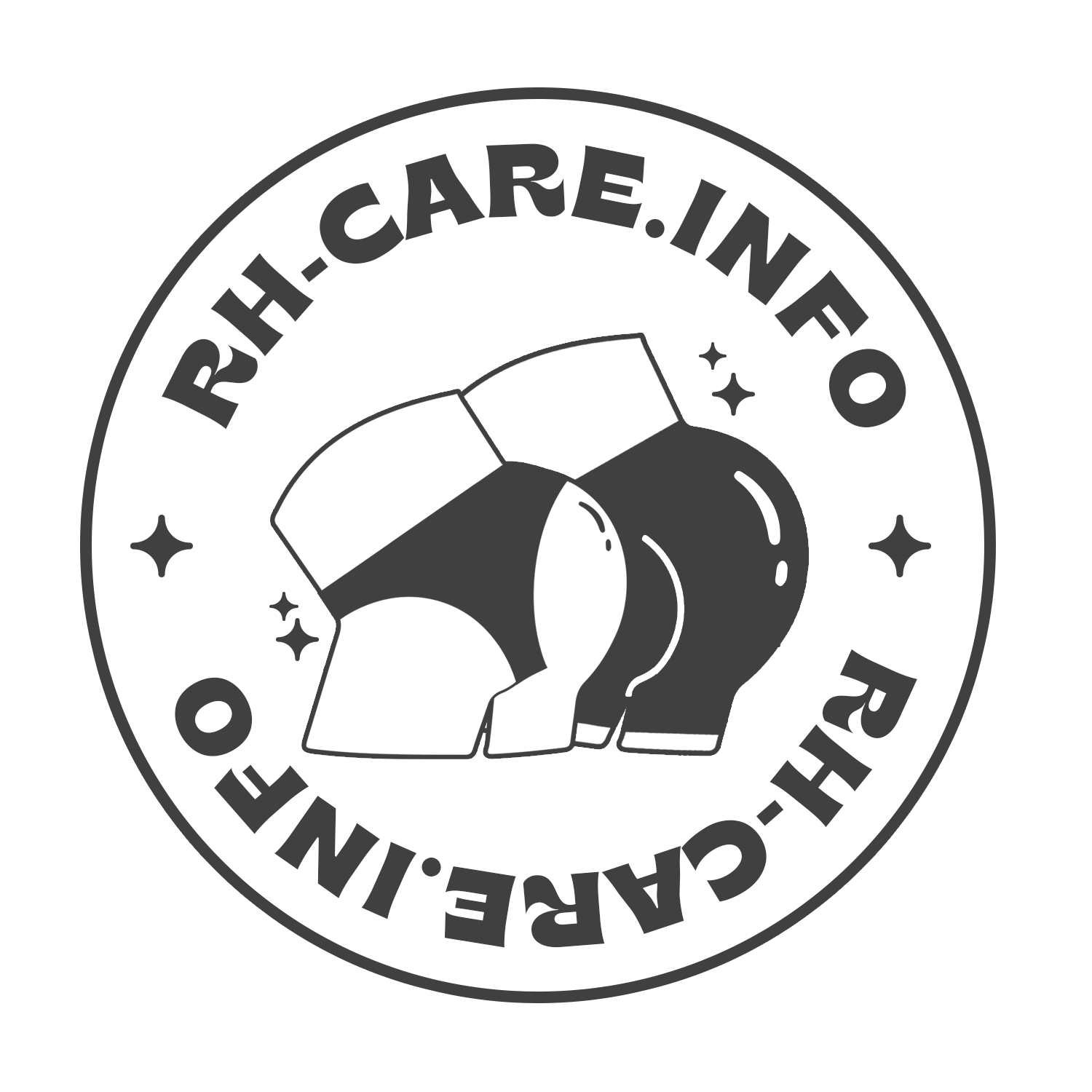Abuse comes in all shapes and forms. Just because he doesn’t lay his hand on you and hurt you does not mean you aren’t getting abused. Violence and abuse do not have to be physical for it to cause major damage to a person’s self-esteem, self-worth, and mental health. These forms of abuse are sometimes even worse because the victims think it’s okay to be treated that way, some even think they deserve it, which makes it harder to fight off and stop.
Here are some of the different forms of abuse and violence you should know:
Physical Abuse
It’s the most familiar form of abuse to us. Some people think that this is the only type of abuse there is. Physical abuse is any act that causes the victim physical harm. Whether is just a slap in the face or a more serious assault, no one has the right to harm you no matter what the reason is.
Sexual Abuse
It’s any sexual act or behavior done to someone without explicit consent. Rape, child molestation, sexual exploitation, and fondling fall under this category.
Psychological Abuse
This type of abuse is the most common type of abuse that people encounter, but more often than not, they do not know that they are already experiencing it. This form of abuse is also often called emotional abuse. Humilation, getting threats and insults, verbal abuse, manipulation, forcing you to do something you don’t want to do or any other act that may result in anxiety, psychological trauma, or damage in your self-worth is considered psychological abuse.
Economic Abuse
This form of abuse is about financial control. It’ about having control of how their partner can get money and other resources. This may result in limitations in their partners’ choices and access to safety which will then make them stay in an abusive relationship because if they leave, they won’t have any means to survive.
Domestic Violence
Domestic violence is any act of physical, sexual psychological, or economic abuse that is committed in an intimate relationship or a family. Ultimately, the main purpose of this type of violence is to gain power and control over a spouse, partner, or family member.
If you are experiencing any of these forms of violence, remember that you are not alone. Stand up, seek help, and speak up for others. Please report or contact immediately the following offices:
-
Interagency Council on Violence Against Women and Children: +63 917 874 8961 or +63 916 398 1228 or +63 917 867 1907. Landline: (02) 8735 1654 loc. 122 / (02) 8733 6611 Email: iacvawc@pcw.gov.ph.
-
Ministry of Social Services and Development BARMM: +63 950 727 1396.
-
City Social Welfare and Development Office – Marawi City: +63 945 465 0809
-
DILG: +63 927422 6300 and +63 961 772 1668
-
PNP – Women & Children Protection Center (WCPC): (02) 8410 3213. Email: wcpc_pnp@yahoo.com / wcpc_vawcd@yahoo.com / avawcd.wcpc@pnp.gov.ph
-
Aleng Pulis Hotline: (+63) 919 777 7377
-
NBI – Violence Against Women & Children Desk (VAWCD): (02) 8523 8231 to 38 or (02) 8525 6028. Email: vawcd@nbi.gov.ph
-
DSWD: (02) 8931 8101 to 07 and Text Hotline: +63 918 912 2813
-
DSWD – NCR Ugnayan Pag-asa Crisis Intervention Center: (02) 8734 8639 / (02) 8734 8654 / (02) 8734 8626 to 27
-
DSWD Community-Based Services Section (CBSS): (02) 8733 0010 to 18 loc. 116
-
Public Attorney’s Office (PAO): (02) 8929 9436 local 106, 107 or 159 (Local “0” for operator) and (+63) 939 323 3665. Email: pao_executive@yahoo.com
If you need to see a Women and Children Protection Unit located near you, use our HEALTH FACILITY LOCATOR. Simply input your location, then select “Women and Children Protection Unit” and click on the search button. The results will show the facilities with WPCU within a 10 kilometer radius from your location.



